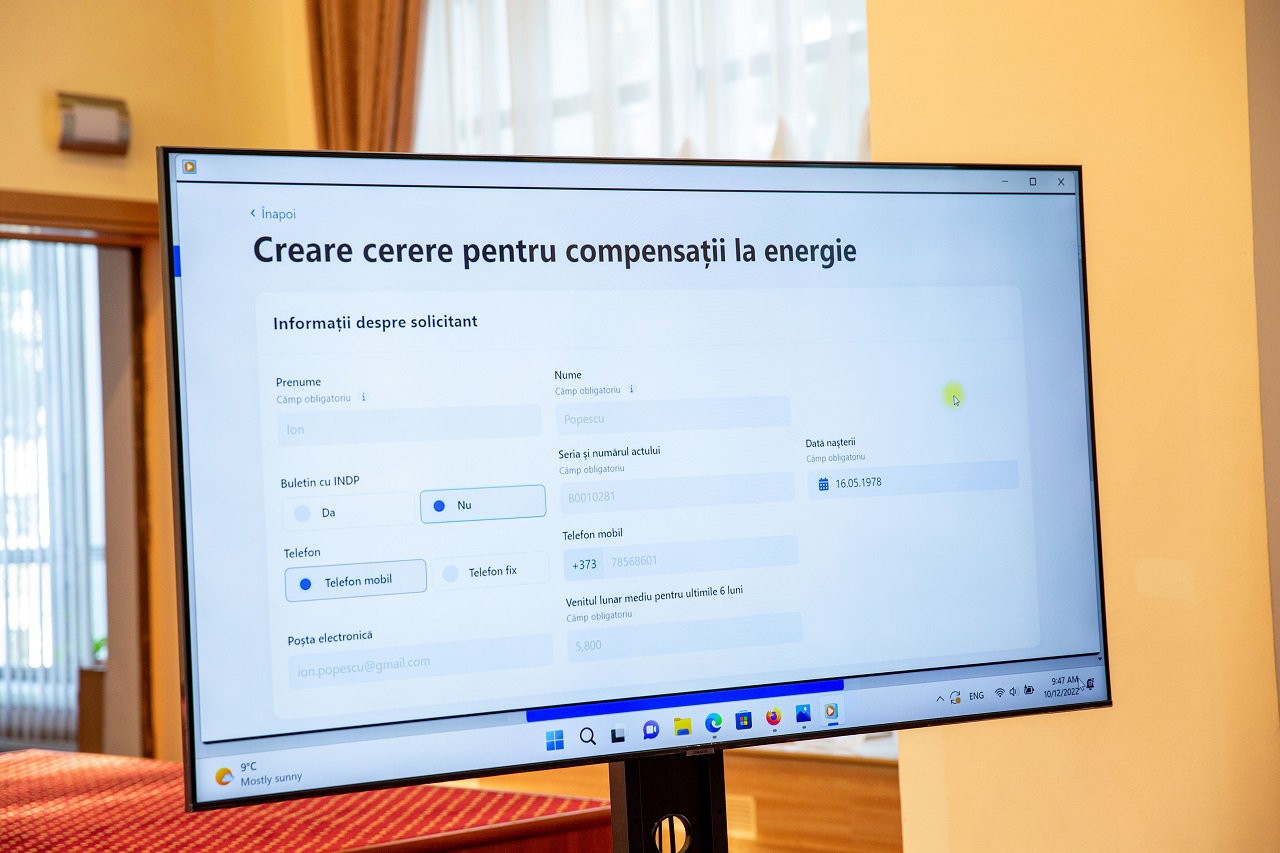Austria may lift veto on Romania, Bulgaria Schengen entry
Hungary will host a meeting of the interior ministers of Austria, Romania, and Bulgaria on Friday, November 22, as announced earlier this month by Prime Minister Viktor Orbán's chief of staff.

Romania and Bulgaria have been part of the Schengen area for air and sea travel since March, which comprises 29 countries, after reaching a partial agreement with Austria. Austria had initially opposed their accession, citing concerns about high levels of illegal immigration and insufficient preventive measures by the two countries.
Many analysts and observers now anticipate that Austria will lift its veto on land border access during the meeting of the interior ministers of Austria, Romania, Bulgaria, and Hungary in Budapest on Friday, November 22.
Such a decision could enable the full approval of the two countries' entry into the Schengen area in December, with operational implementation expected by the spring of 2025. Romania and Bulgaria are already part of the Schengen area for air and sea travel but not for land borders. Austria’s potential change of stance seems surprising, even though Romania and Bulgaria have reportedly strengthened border controls. The accession of the two countries has so far been treated as a package deal. Romania and Bulgaria lie on major routes for the illegal trade of weapons, drugs, and human trafficking. However, the European Commission has repeatedly stated that thorough investigations have shown the two countries meet all Schengen requirements.
Meanwhile, Austria has recently extended its border controls with Hungary and Slovenia, two countries far less affected by migrant arrivals compared to Romania or Bulgaria. These controls will remain in place until May 2025. According to the Austrian government, these measures are necessary to combat human trafficking and illegal immigration.
Consequently, the Schengen area risks becoming an abstract concept, given that Germany and France have long implemented border controls, a practice likely to be adopted soon by countries like the Netherlands, Austria, and the Nordic states.
The Netherlands is preparing to reinstate border controls starting December 9, following Germany’s example, for a period of six months. The Dutch ruling coalition has decided to introduce "some of the most restrictive asylum rules in Europe." Checks will be conducted at Dutch borders and on certain flights from countries associated with illegal immigration.
Regarding Romania and Bulgaria’s entry into Schengen, the Netherlands might also oppose it with a veto. This paradox highlights the irony of expanding the Schengen area at a time when border controls are intensifying across member states.
Nonetheless, joining Europe’s open-border area would add half a percentage point to Romania’s annual economic growth, according to estimates by the Ministry of Finance.
Author: Dan Alexe
Translatioin by Iurie Tataru




